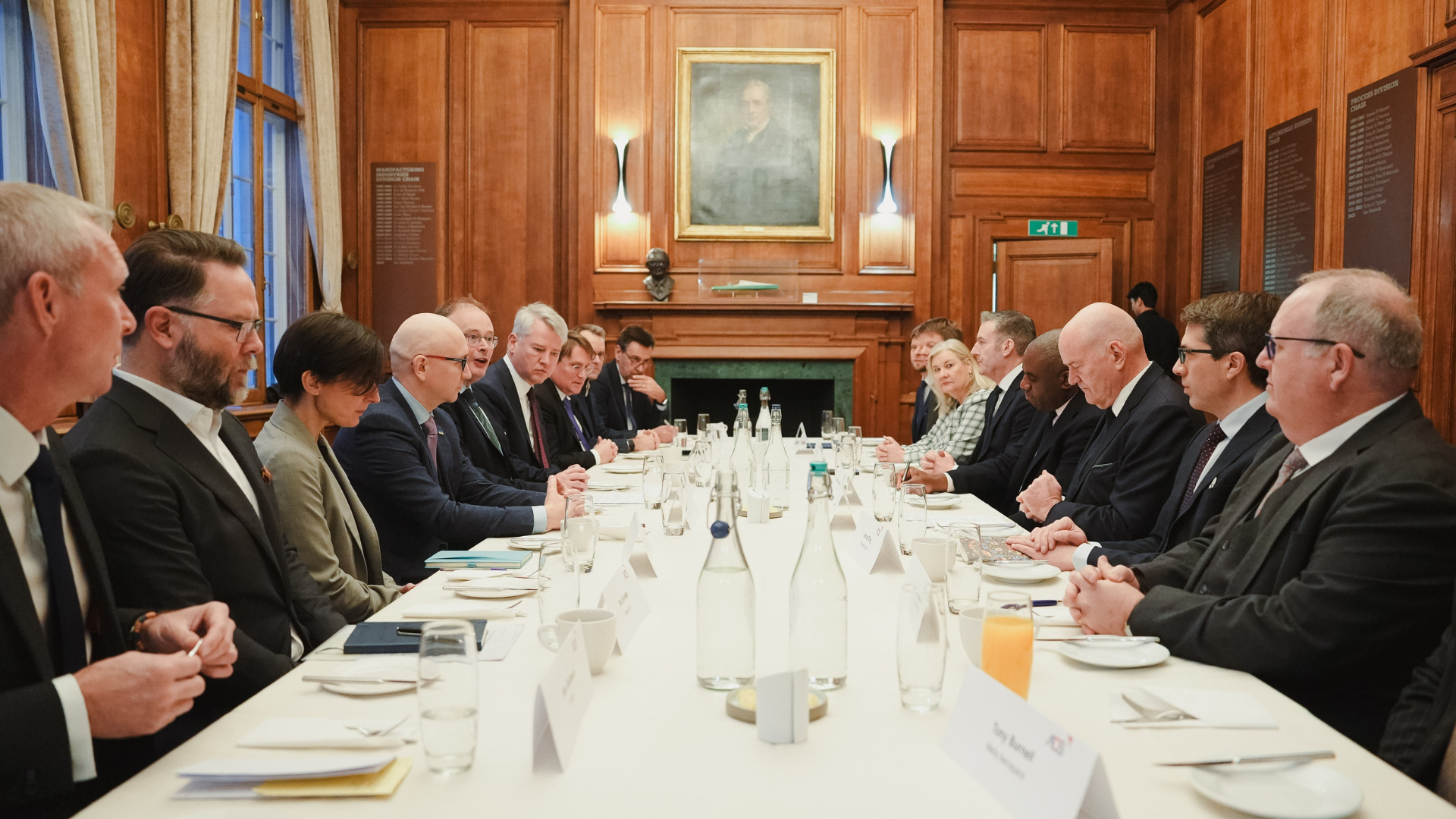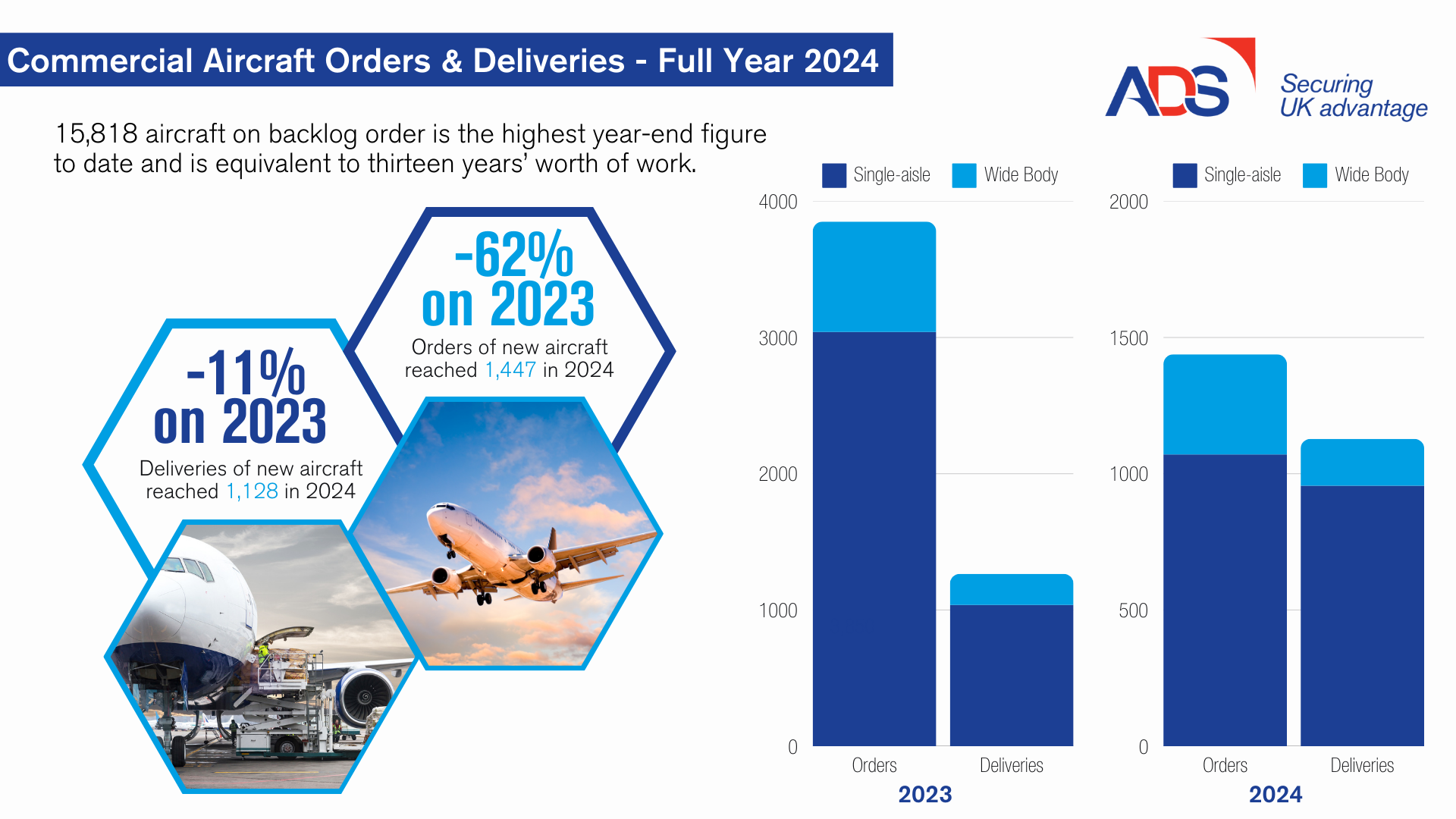
Written by ADS Chief Economist Aimie Stone
The Autumn Budget delivered this week was highly anticipated for several reasons; this was the first Labour budget for 14 years, even more historically the first budget ever to be presented to the house by a female Chancellor, and lastly this is the first time since the Labour Government took power in July, that we have seen the numbers and the details behind their thinking.
In the run up to budget day much of the noise of a ‘spending black hole’ was gearing consumers up for bad news and tax rises. The OBR has cut its medium-term forecast for growth compared to March, but owing to changes to some fiscal rules not everything is comparable. This budget saw plenty of tax rises announced to the tune of £40 billion but there seems to be a spreading of the impact alongside an intention to boost public services, including through a 2% productivity improvement target for the public sector.
The success of the approach taken here will in part depend upon the confidence that the public and investors have. There is a need to maintain economic activity and keep growth figures increasing, whilst improving productivity to avoid future tax hikes on consumers. These changes to taxation feel more on employers rather than employees.
What does the budget mean for ADS Members?
The ADS team have prepared a briefing for members, highlighting relevant announcements and providing some high-level analysis. Some of the standout positive announcements include the recommitment of the £975m for Aerospace that was in the Advanced Manufacturing Plan and is supported by this Government through the Industrial Strategy.
There is an additional £2.9bn for the defence industry, aimed to support the government’s commitment to strengthening the Armed Forces and protecting national security. However, the timeline for spending 2.5% of GDP on Defence is now expected at a later fiscal event.
Over the coming weeks, I am keen to hear from members the impact of the change in employers’ national insurance contributions (NICs). The government is expecting large revenues from this tax rise, and whilst the boundaries have been changed too, there is a nervousness that many SMEs will be impacted and this could lead to more skills challenges in an already competitive labour market, and more likely, higher prices.
The broader business tax investment environment is being stabilised (a big theme for the Chancellor and this budget) with the Annual Investment Allowance, R&D tax credits and full expensing all remaining the same, and Corporate Tax being capped at 25%. More is arguably needed here to encourage investment and growth in the UK’s innovative sectors like ours, which we will be pushing for in the ADS Industrial Strategy response.
If members would like to discuss how they can contribute to ADS’ Industrial Strategy work, please reach out to our Head of Policy, Nathan Mathiot.





